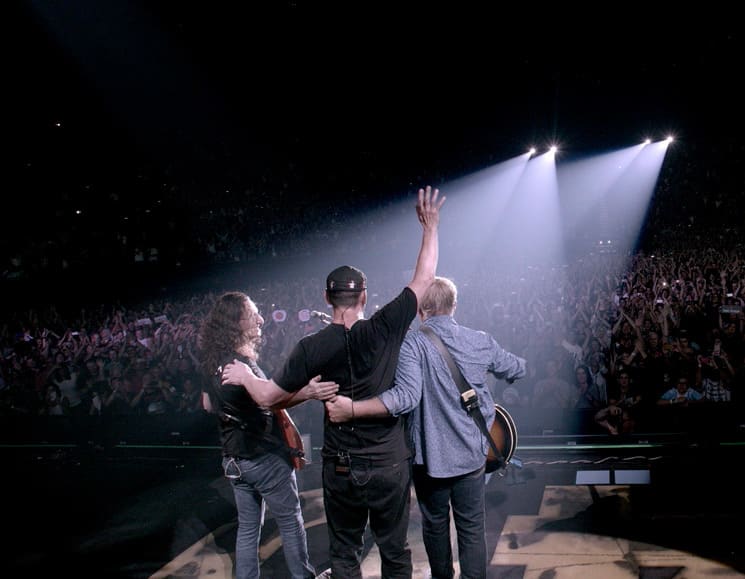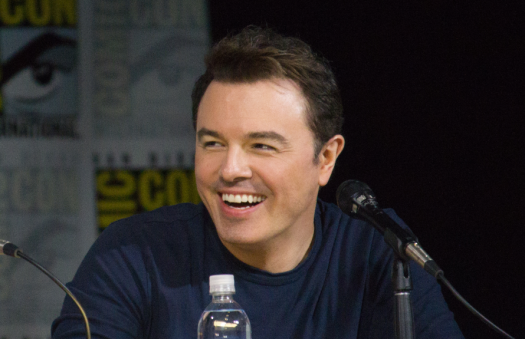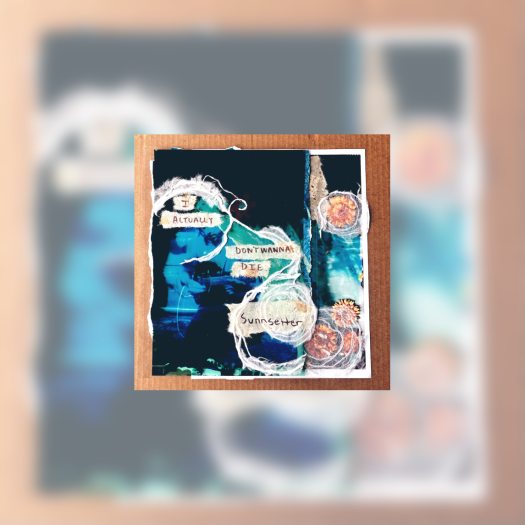Earlier this year, Rush guitarist Alex Lifeson revealed that the band were following through on plans to leave the live circuit and abandon large-scale tours altogether. Despite the success of their R40 anniversary trek in 2015, physical health concerns for both Lifeson and drummer Neil Peart kept the power trio from lining up any more than 30 dates. "[Peart's] shoulders were hurting, his arms were hurting, his elbows, his feet, everything," Lifeson told Rolling Stone in March. "He didn't want to play anything less than 100 percent…As far as he was concerned, that was the end of touring."
One of the last bands of their era to tour as widely and as often as they did, the idea of Rush ending four decades of legendary performance is one all three band members speak candidly about in Dale Heslip's Rush: Time Stand Still. Going beyond the Rolling Stone clippings, Peart, Lifeson and bassist Geddy Lee discuss the ailments that befell the band on the road with R40 and the preceding tour in support of 2012's Clockwork Angels. These range from the onset of arthritis, to tendonitis, to foot fungus Peart sustained on a particularly stormy motorcycle ride between venues. Though he was barely able to walk on feet that felt like "raw stumps," the drummer played through the dates regardless.
Making Heslip's film particularly rewarding is that the notoriously media-shy Peart tells these stories on camera himself, rather than having Lee or Lifeson play messenger. Recognized as one of the greatest — if not the world's greatest — living drummers, the 64-year-old Peart reiterates that he wouldn't feel comfortable on the road in the future if he wasn't able to execute at his highest level. "I could play Charlie Watts' drum parts at 75 [years old], but not Neil Peart's drum parts," he jokingly quips to the camera.
It isn't all sadness in discussing the rigours of the road. Looking back to the band's early years, longtime manager Ray Daniels recalls how excited the trio were to upgrade their station wagon to a Dodge Funcraft RV as their touring vehicle, with Lee and Lifeson further adding stories of out-drinking touring partners Thin Lizzy at the camper's tiny kitchen table and cooking up tuna casserole on the road, respectively. In one behind-the-scenes snippet from R40, Peart is seen on the floor of an arena green room charting his upcoming motorcycle routes with a set of maps, while Lifeson half-heartedly takes in an episode of Antiques Roadshow while warming up for performance in another.
Heslip also turns the lens on the fans for a good portion of the film, from R40 show attendees who have seen the band upwards of 100 times to memorabilia collector extraordinaire Ray Wawrzyniak, and his frighteningly detailed basement shrine. The lengthiest bit of fan profiling follows Jillian Maryonovich, an organizer of annual fan convention RushCon, further giving insight into the obsessive side of Rush fandom while also shattering any remaining notion about Rush's fan base being comprised entirely of males.
"If they knew this was the last show, you'd have people sobbing in the aisles," Live Nation global touring COO Gerry Barad says in an interview clip, before footage of a few tears being shed come the end of the last R40 performance. Rush: Time Stand Still is not only a worthy document of one of the world's most successful rock acts at a turning point in their career, but also one for the people who pushed three teenagers from Canada to that peak.
Pick up a Rush's deluxe Time Stand Still Blu-ray bundle here.
One of the last bands of their era to tour as widely and as often as they did, the idea of Rush ending four decades of legendary performance is one all three band members speak candidly about in Dale Heslip's Rush: Time Stand Still. Going beyond the Rolling Stone clippings, Peart, Lifeson and bassist Geddy Lee discuss the ailments that befell the band on the road with R40 and the preceding tour in support of 2012's Clockwork Angels. These range from the onset of arthritis, to tendonitis, to foot fungus Peart sustained on a particularly stormy motorcycle ride between venues. Though he was barely able to walk on feet that felt like "raw stumps," the drummer played through the dates regardless.
Making Heslip's film particularly rewarding is that the notoriously media-shy Peart tells these stories on camera himself, rather than having Lee or Lifeson play messenger. Recognized as one of the greatest — if not the world's greatest — living drummers, the 64-year-old Peart reiterates that he wouldn't feel comfortable on the road in the future if he wasn't able to execute at his highest level. "I could play Charlie Watts' drum parts at 75 [years old], but not Neil Peart's drum parts," he jokingly quips to the camera.
It isn't all sadness in discussing the rigours of the road. Looking back to the band's early years, longtime manager Ray Daniels recalls how excited the trio were to upgrade their station wagon to a Dodge Funcraft RV as their touring vehicle, with Lee and Lifeson further adding stories of out-drinking touring partners Thin Lizzy at the camper's tiny kitchen table and cooking up tuna casserole on the road, respectively. In one behind-the-scenes snippet from R40, Peart is seen on the floor of an arena green room charting his upcoming motorcycle routes with a set of maps, while Lifeson half-heartedly takes in an episode of Antiques Roadshow while warming up for performance in another.
Heslip also turns the lens on the fans for a good portion of the film, from R40 show attendees who have seen the band upwards of 100 times to memorabilia collector extraordinaire Ray Wawrzyniak, and his frighteningly detailed basement shrine. The lengthiest bit of fan profiling follows Jillian Maryonovich, an organizer of annual fan convention RushCon, further giving insight into the obsessive side of Rush fandom while also shattering any remaining notion about Rush's fan base being comprised entirely of males.
"If they knew this was the last show, you'd have people sobbing in the aisles," Live Nation global touring COO Gerry Barad says in an interview clip, before footage of a few tears being shed come the end of the last R40 performance. Rush: Time Stand Still is not only a worthy document of one of the world's most successful rock acts at a turning point in their career, but also one for the people who pushed three teenagers from Canada to that peak.
Pick up a Rush's deluxe Time Stand Still Blu-ray bundle here.




